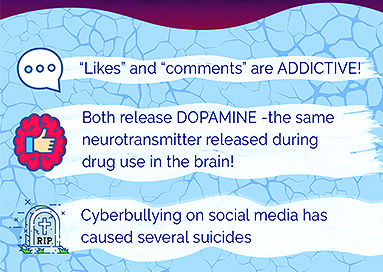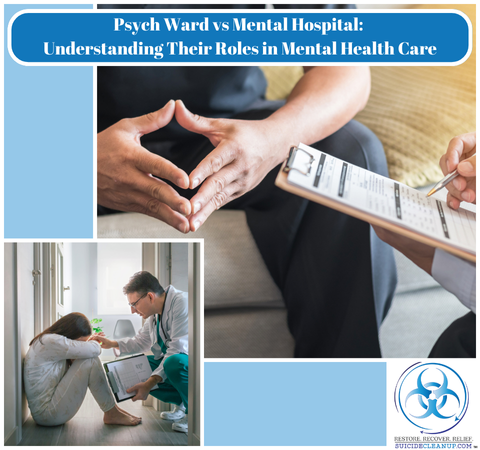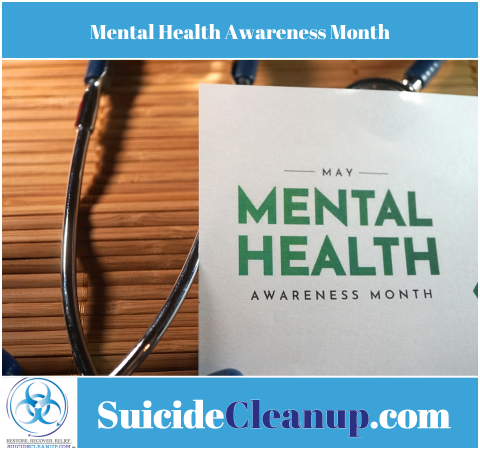
How Is Social Media Affecting Our Mental Health?
March 25, 2021
Tips to Find the Best Therapist For You
March 31, 2021It is alarmingly common for grief to turn into a serious major depressive episode following a death in the family. Although you need a trained professional to diagnose depression, and grief varies from individual to individual, it is important to recognize when an affected loved one needs more than a lending ear. Depression is a serious diagnosable mental health illness that, if left untreated, can decrease an individual’s quality of life and increase their risk for suicide.
According to the Psychiatric Times, 40% of bereaved individuals meet the diagnostic criteria for bereavement related depression. But what about individuals that are stubborn about seeking out the right support? Do you or anyone you know come to mind?
In this article, we will explore how serious grief related depression can be, and what you should do if you suspect your loved one might need more help than what you can provide.
Is it depression, grief, or both?
Friends and family of a grieving individual should be aware of serious signs of major depression following the recovery of grief. However, only a professional, licensed therapist is qualified to make the final decision over whether or not the individual is grieving or clinically depressed. Please use the following information to familiarize yourself with the urgent signs of depression and not diagnose others.
3 Alarming Signs of Grief Related Major Depressive Disorder
- Symptoms of depression begin immediately after an event and last longer than six months.
- Symptoms are so intense that it impairs the individual’s ability to function.
- The increase of dependence on substances, like alcohol, to cope with feelings of bereavement.
Depression After Bereavement is Long Lasting
Short term depression can follow the loss of a loved one immediately, or may develop after some time. Likewise, episodes of depression may linger on and off for years. Regardless of when the symptoms start, individuals are at risk for clinical depression if their symptoms do not improve after 6 months or more.
Bereavement Related Depression Affects Daily Functioning
Beyond the feeling of “emptiness” that accompanies grieving individuals, major grief depression impacts daily functioning. They may find no pleasure in activities that were once enjoyable to them, may feel chronic hopelessness to the point of suicidal thoughts, and have sudden negative changes in their hygiene and housekeeping routines. They might also have issues attending work or school.
Substance Abuse Due to Unresolved Grief
Losing a significant loved one can cause habitual and personality changes in the lives affected by the loss. However, if an individual changes drastically for the worse by engaging in substance abuse or other risky behaviors, they may need additional support. This is especially true for bereaved mothers, who are at high risk of forming a psychological or physical dependence on a substance to escape their feelings of depression.
How can I help someone I know with grief related depression?
The best thing you can do to help someone with grief related depression is to be patient, understanding, and supportive. Since everyone reacts to loss differently, it’s wise to remain open minded but supportive about getting the help they need. Remind them that the majority of Americans are grieving right now and that at least 10% of those Americans have sought grief counseling or grief support groups.
Individuals that seek professional help due to their unresolved grief are not weak. In fact, recognizing and making the conscious decision to overcome grief related depression requires a lot of strength. Grieving individuals are strong for facing what they are going through, and are strong for turning to the right support.
Princess Diana’s son Prince Harry swears by grief counseling, saying it was essential to recovering after the death of his mother. “[I’ve now been] able to put blood, sweat and tears into the things that really make a difference,” Prince Harry said to People magazine.
If you or a loved one is struggling, it’s important to get a professional opinion. Check out our directory of mental help therapists. There you can find help for a variety of mental illnesses, grief and depression being only two.




